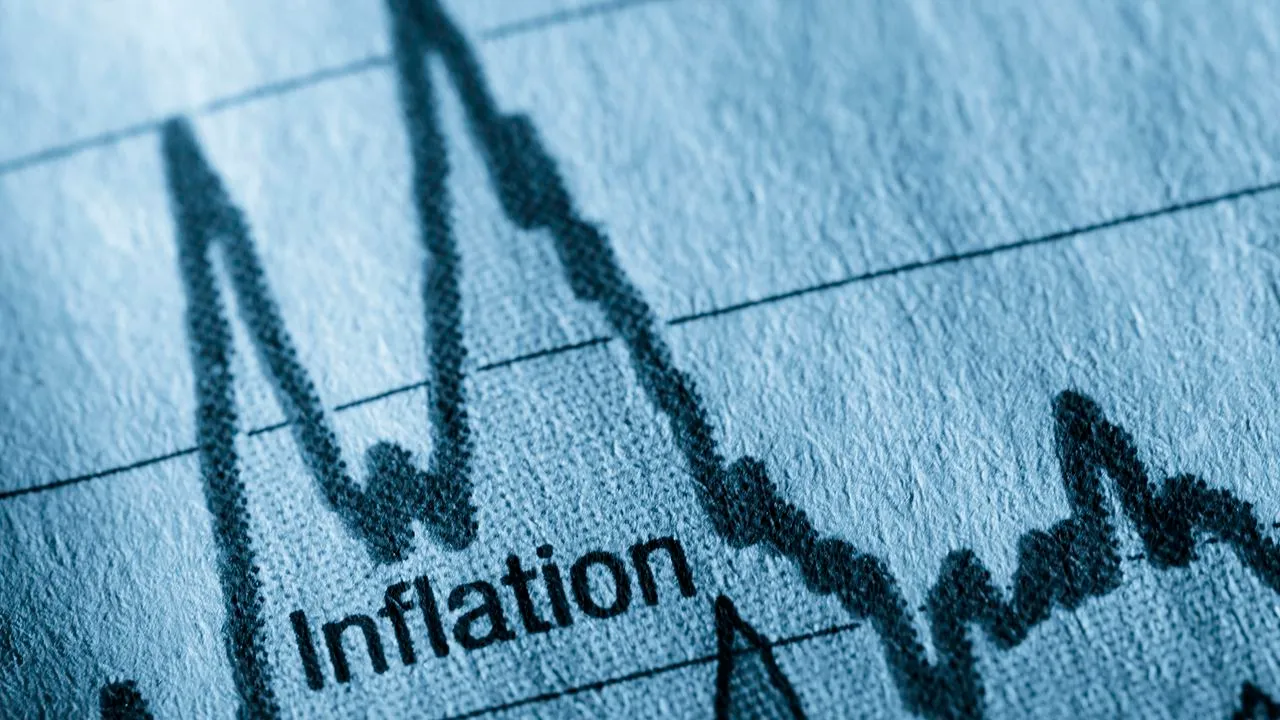On Tuesday, Brazil witnessed a decline in its interest rate futures, with shorter-term contracts showing the most significant drops.
This change followed the release of the February IPCA-15 inflation data, which outperformed expectations.
At the same time, yields on U.S. Treasuries maintained their elevated levels for a large part of the day.
The IPCA-15, an early indicator of inflation managed by the Brazilian Institute of Geography and Statistics (IBGE), recorded a 0.78% increase in February.
This rate quickened from January’s 0.31% rise. Over the past twelve months, inflation hit 4.49%, a slight uptick from 4.47% in January.
Market analysts had predicted a 0.82% monthly rise and a 4.52% annual increase. Thus, the actual figures came as a pleasant surprise.

A top economist, Paulo Gala, highlighted this as a positive development, especially noting the decrease in underlying service costs, which tend to be more stable, to 0.65%.
This unexpected inflation data sparked a reduction in DI rates, primarily affecting contracts set to expire soon, like those for January 2026 and 2027.
Analysts now believe that Brazil’s central bank can maintain its pace of reducing the Selic rate by 50 basis points at each meeting.
Before the IPCA-15 report, there was speculation that the central bank might slow down its rate cuts.
However, the favorable inflation data has renewed confidence in continued aggressive rate reductions.
As trading closed, the markets fully expected a 50 basis-point cut in the Selic rate for March, as the central bank has hinted. The current Selic rate stands at 11.25% annually.
Interest rates
Interest rates for various future dates saw reductions. For example, the rate for January 2025 contracts fell slightly, as did rates for other select future dates, reflecting the market’s optimism.
Despite less favorable economic data from the U.S., Treasury yields remained unchanged in the international arena, with investors eagerly awaiting more inflation indicators.
This situation underscores the interconnectedness of global and local economic indicators and their impact on investment decisions.
The Brazilian market’s response to the IPCA-15 data not only highlights the importance of inflation expectations in monetary policy.

